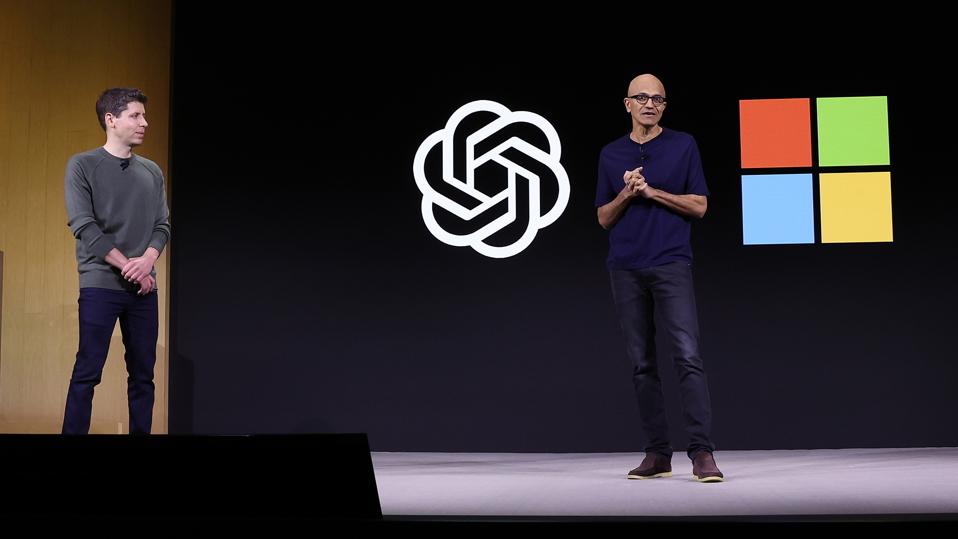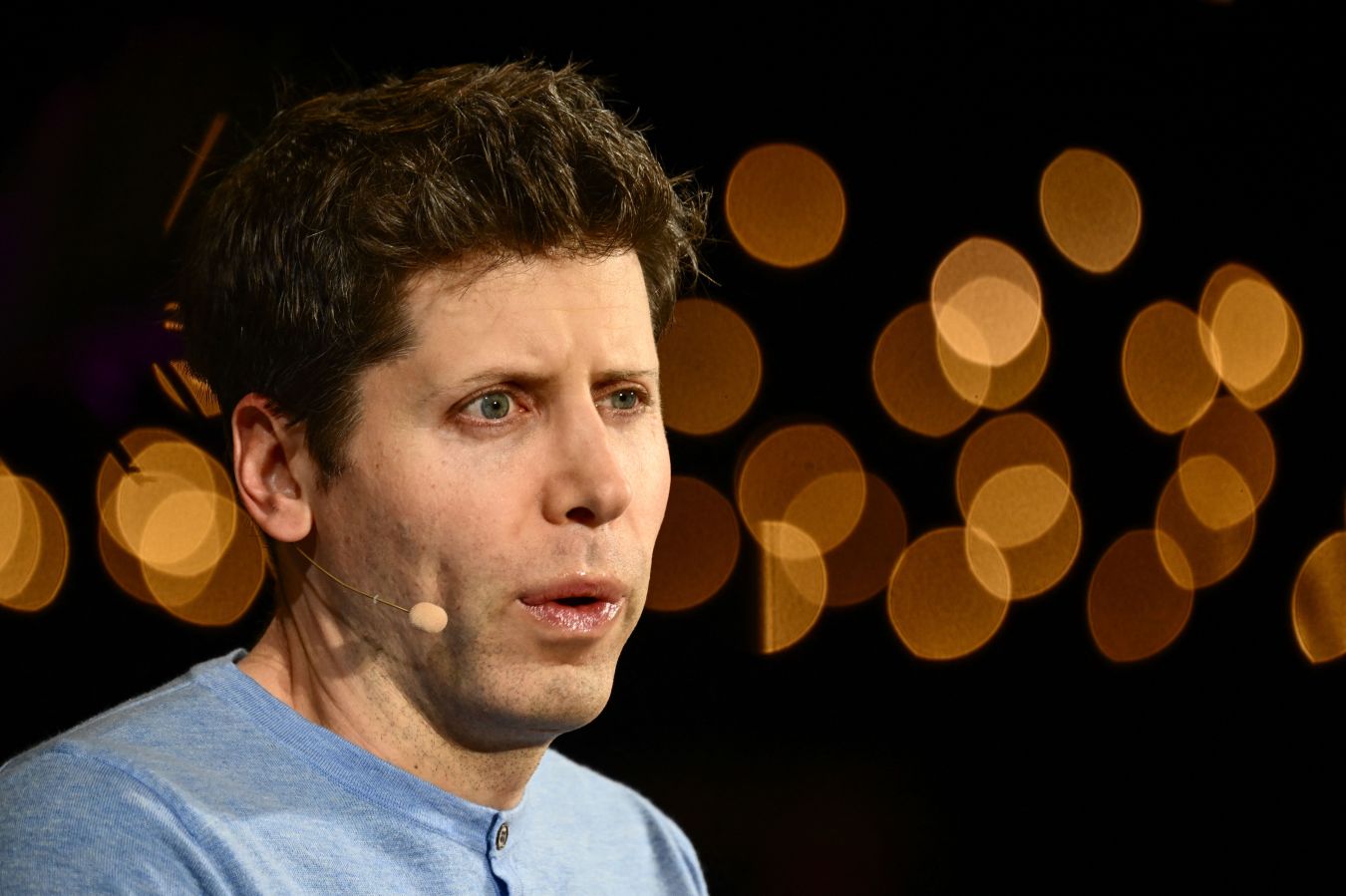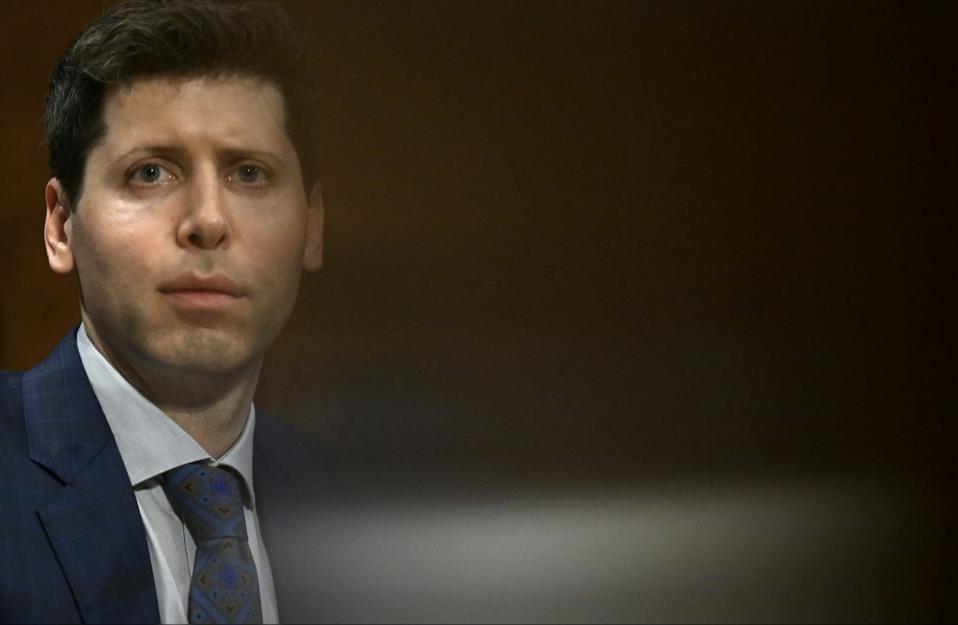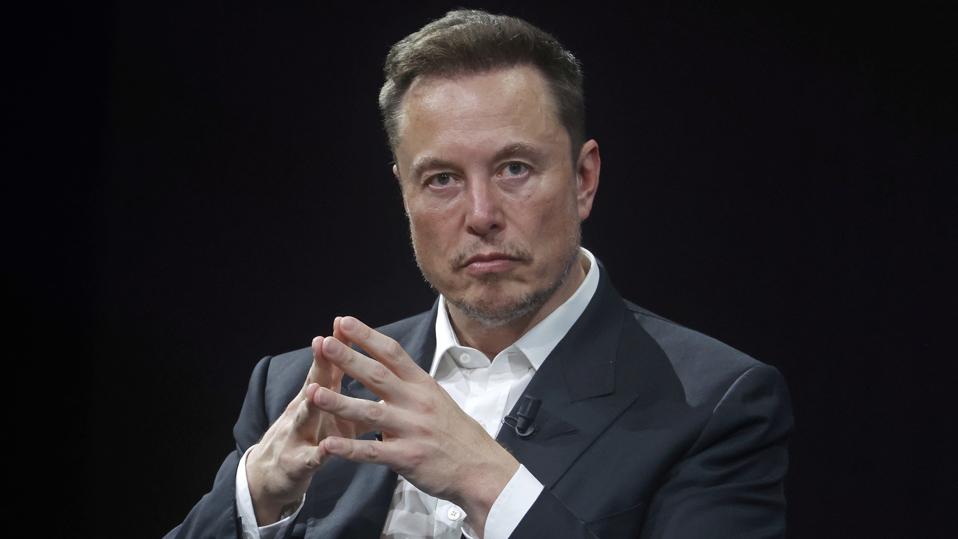Startups built on OpenAI’s technology are looking for new options after the boardroom coup that ousted CEO Sam Altman.
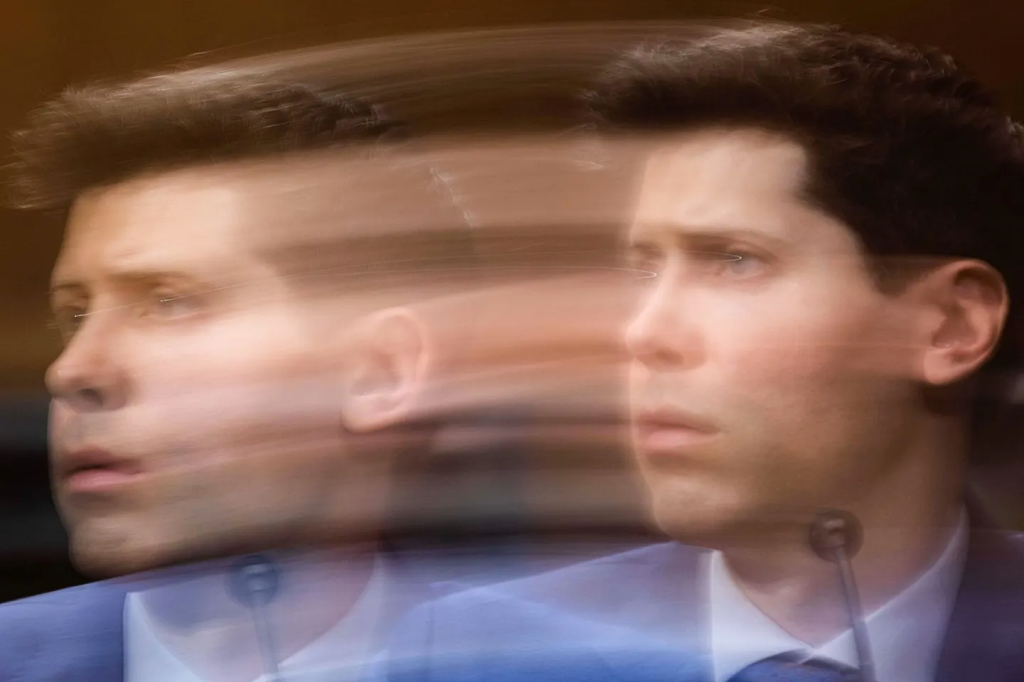
As OpenAI employees threaten a mass exodus in the wake of CEO Sam Altman’s ouster by the board of directors, some OpenAI customers are beginning to look for the exits.
For companies that built AI apps and tools on GPT-4 and rely on its generative AI functions to support their business lines, OpenAI’s whiplash weekend, which saw a board ouster of CEO Sam Altman turn into what may prove to be a critical exodus of employees, has sparked fears of outages for startup founders relying on its products.
Microsoft CEO Satya Nadella announced that Altman and former OpenAI president Greg Brockman would be launching a new AI research group at Microsoft Sunday night.
About 650 of OpenAI’s 770 employees had signed a letter threatening to quit the company by Monday morning. Many of them are critical to helping customers use OpenAI’s products.
“OpenAI is dead to all businesses building with it,” Barney Hussey-Yeo, founder of AI personal finance app Cleo, told Forbes.
The London-based startup, which raised at a $500 million valuation in June 2022, was built on OpenAI’s GPT-4, but now plans to switch to Anthropic’s Claude model and Meta’s Llama2.
In OpenAI’s crisis, Hussey-Yeo sees opportunity. He hopes to hire a few departing employees, though he suspects many will follow Altman and Brockman to Microsoft.
“I think OpenAI is untenable now, you’ve got 700 or so employees who are going to walk. It pretty much brings OpenAI to level zero,” he told Forbes. “Likely GPT-4 and those APIs will go down.”
For now, the mass exodus is only a threat on paper.
“We are continuing to prioritize stability and security of our systems. Our engineering team remains on-call and actively monitoring our services,” Logan Kilpatrick, a member of OpenAI’s developer relations team, shared in a Twitter post.
While questions remain about whether he will return to OpenAI, Sam Altman tried to pacify concerned customers.
“Satya and my top priority remains to ensure that OpenAI continues to thrive. We are committed to fully providing continuity of operations to our partners and customers,” he said in a post on Twitter.
But given the extent of the unexpected upheaval at OpenAI, the company’s customers are reassessing their options.
The shakeup at OpenAI should be a “wakeup call” for startups that depend on its GPT technology, warns Tome cofounder and CEO Keith Peiris.
The San Francisco-based productivity app says it worked with several foundational models to avoid the “existential risk” of relying on one company like OpenAI. The departure of Altman could set off a scramble among less prepared startups to hedge their AI bets.
On Sunday evening, OpenAI’s board installed former Twitch CEO Emmett Shear as interim CEO, seemingly bringing an end to a weekend-long saga in which investors including Microsoft had attempted to reinstate Altman.
Shortly afterwards, Microsoft CEO Satya Nadella announced that Altman, Greg Brockman — who was removed from the board and resigned as president on Friday — and other OpenAI employees would start a new AI research group within the tech giant.
Overnight, hundreds of OpenAI staffers signed a letter stating they “may choose to resign from OpenAI and join the newly announced Microsoft subsidiary” unless the board resigns and restores Altman and Brockman.
By Monday morning, about 650 of OpenAI’s 770 employees had signed the letter, according to a Twitter post by Lilian Weng, a researcher at the company.
A sudden exodus of staffers would make it difficult for OpenAI to keep its infrastructure running.
Related
Even with a full staff, OpenAI’s API tool, or application programming interface, which helps customers integrate ChatGPT and GPT-4 into their products has experienced outages on five of the past 14 days, according to the company’s website.
With the AI startup in further turmoil, founders that have built their own businesses on OpenAI’s flagship GPT technology are looking for new partners. OpenAI did not immediately respond to Forbes’ request for comment.
One investor told Forbes that the AI companies in their portfolio were worried about the situation because the API product often requires direct help from OpenAI employees to get it up and running.
Many startups are in a holding pattern while the employment status of OpenAI’s team is resolved, several startup founders and investors told Forbes.
LunarCrush, a social media analytics company, said it’s considering ripping out OpenAI integrations preemptively before the APIs may start to fail. The company plans to fast track a migration to open-sourced alternatives, per cofounder and CEO Joe Vezzani.
However one of OpenAI’s flagship corporate clients Morgan Stanley had no plans to change its relationship with OpenAI, according to a source with knowledge of the situation.
The Wall Street bank has held talks with other large language models like Anthropic but will for now continue to use GPT-4 to spit out digests of its investment research to its 16,000 financial advisors in its wealth management division.
Companies that are building AI tools with GPT-4 for production may be insulated from the chaos if this was via Azure OpenAI, a hosted service which Microsoft manages.
The status of Microsoft’s relationship with OpenAI remains murky, however. Nadella shared in a statement that “we remain committed to our partnership,” though Bloomberg reported he was “furious” with Altman’s ouster.
OpenAI’s GPT-4 has been considered the best AI model of the lot for businesses looking to fine-tune their own models.
The departure of OpenAI’s employees and senior leaders could also give a chance for the builders of open source models and other startups like Anthropic and Google to catch up, Hussey-Yeo said.
Founders of other startups that haven’t relied on OpenAI’s models from day one now find themselves in an advantageous position.
“No one is trying to switch off of us,” said May Habib, founder and CEO of enterprise AI startup, Writer, who is also interviewing former OpenAI staff members.
Iain Martin and Alex Konrad contributed reporting.
This article was first published on forbes.com and all figures are in USD.
